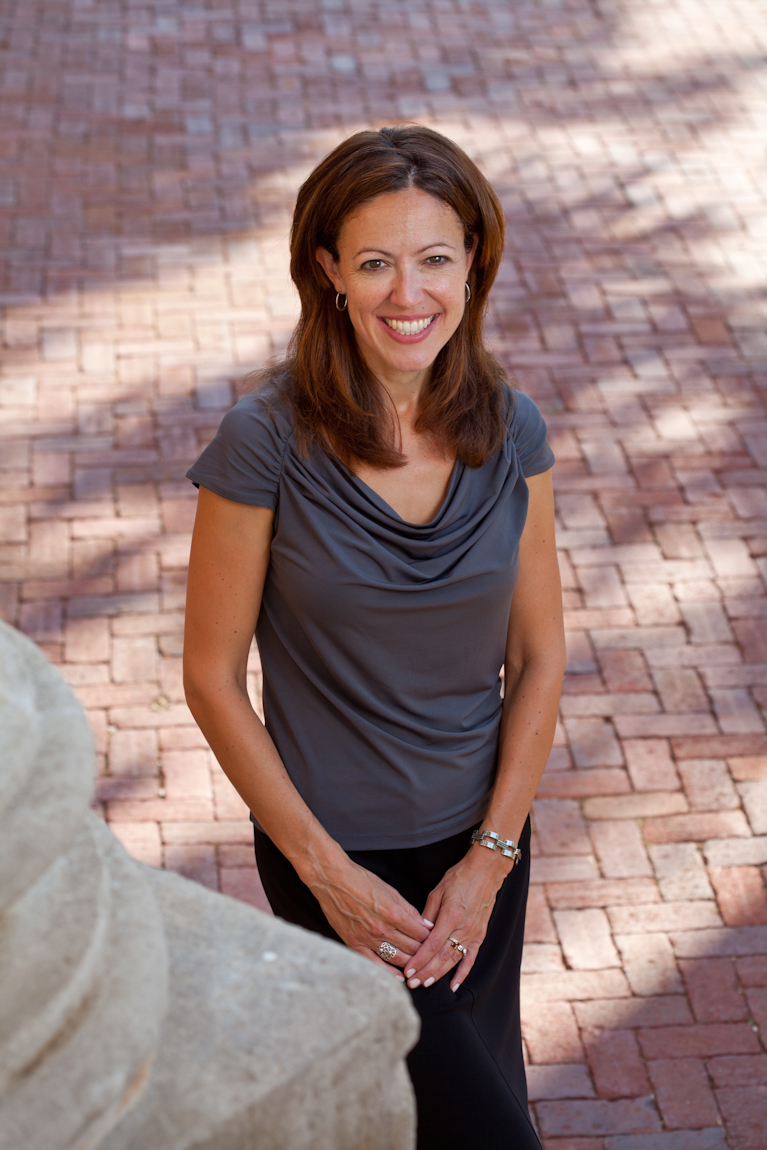FAYETTEVILLE, Ark. – The David and Barbara Pryor Center for Arkansas Oral and Visual History in the J. William Fulbright College of Arts and Sciences continues its signature lecture series this fall with the 2018-19 season of the Pryor Center Presents.
The series is part of the Pryor Center’s expanded mission of education, research and outreach. It will showcase some of the most fascinating research coming from Fulbright College’s faculty, the Arkansas community and beyond.
All events are free and open to the public, and will take place at the Pryor Center, at 1 E. Center Street in Fayetteville.
The series kicks off at 6 p.m. Wednesday, Sept. 26, with “Pryor Center Presents: The Brain and Music,” featuring the Department of Music’s Elizabeth Hellmuth Margulis, distinguished professor of music theory and cognition.
Margulis will discuss what neuroscience can teach us about music, what music can teach us about the brain, and how this research is inspiring new machines, tools and interventions that will affect health and society.
The series continues at 6 p.m. Wednesday, Oct. 24, with “Pryor Center Presents: Measuring, Comparing, and Explaining Arkansas’s Partisan Earthquake,” featuring the Department of Political Science’s Janine A. Parry.
Although few people outside its borders knew it, Arkansas was among the most Democratic states in the country until 2010, according to Parry. The Democrats held all seven statewide executive offices and almost 75 percent of state legislative seats. About 100,000 more Democratic than Republican votes had been cast in the most recent presidential primary.
Then – in just three election cycles: 2010, 2012 and 2014 – Arkansas’ political world was upended. But how does Arkansas’ partisan earthquake compare to those in other states at other times? Parry, professor of political science and founder of the 20-year-old Arkansas Poll, will offer insight into measuring, comparing and explaining the state’s swift transformation by considering it within a national context.
This fall’s series of events culminates at 6 p.m. on Thursday, Nov. 8, with “Pryor Center Presents: Good News for Mr. Emerson: Kent Bonar Resurrects Thoreau in the Ozarks,” featuring Robert Cochran, professor in the Department of English.
When Cochran was hard at work in 2017 on an introduction for a 1978 work of botanical taxonomy reissued with new illustrations by Kent Bonar, he found himself invited to deliver a lecture in Delhi, India, for a meeting of academic specialists on writer Henry David Thoreau.
Cochran said it seemed a stretch to him — the only connection to Thoreau was Bonar, who had been a dedicated admirer of the Walden author since junior high school. However, Cochran was soon surprised to realize the synergy that came from reading the words of Thoreau in tandem with watching the work of Bonar.
As a result, Cochran said both the botanical taxonomy’s introduction and his lecture benefited. His Pryor Center talk will explore that adventure.
About the SPeakers
Elizabeth Hellmuth Margulis is a distinguished professor and director of the Music Cognition Lab at the University of Arkansas. She is the author of two books, both from Oxford University Press: The Psychology of Music: A Very Short Introduction, and On Repeat: How Music Plays the Mind, which received the Wallace Berry Award from the Society for Music Theory, and the ASCAP Deems Taylor/Virgil Thomson Award. Her current cross-cultural research on narrative perceptions of music is supported by a grant from the National Science Foundation. Her work has been featured on All Things Considered and Science Friday on NPR, the BBC, and in newspapers ranging from the Boston Globe to the London Times. She is president-elect of the Society for Music Perception and Cognition.

Janine A. Parry is professor of political science at the University of Arkansas and has directed the Diane D. Blair Center of Southern Politics and Society’s annual Arkansas Poll since its inception in 1999. She teaches courses at the introductory through graduate level on topics including American National Government, Politics on Film, Arkansas Politics, Gender and Politics, and more, and has earned numerous teaching honors, including the Baum Award for Excellence in Teaching in 2016. From 2008-2011, she co-directed the Teaching and Faculty Support Center at the University of Arkansas, and from 2012-2014 she served as the elected chair of the Campus Faculty/Faculty Senate. As the author of two books and dozens of articles and chapters on subjects relating to state politics, public opinion, and gender and politics, she frequently provides analysis to media outlets, including NPR, CNN, the BBC, the New York Times and more.

Robert Cochran is professor of English and director of the Center for Arkansas and Regional Studies at the University of Arkansas. He won a Guggenheim Fellowship in 1989, and has been awarded three Fulbright lecturing assignments: in Romania, Hungary and Korea. He has refused to specialize decently, creating videos and writing articles and books on topics as remote from one another as Irish playwright Samuel Beckett and Arkansas movies. He’s been a biographer twice, writing Vance Randolph: An Ozark Life and Louise Pound: Scholar, Athlete, Feminist Pioneer. Two of his books, Our Own Sweet Sounds and Singing in Zion, are studies of Arkansas music. Two more deal with other arts — A Photographer of Note: Arkansas Artist Geleve Grice and Come Walk With Me: The Art of Dorris Curtis. Most recently, Cochran co-authored Lights! Camera! Arkansas!: From Broncho Billy to Billy Bob Thornton with his spouse, Suzanne McCray, and has served as editor of the “Arkansas Character” series published by the University of Arkansas Press, writing introductions for Kelly Mulhollan’s True Faith, True Light: The Devotional Art of Ed Stilley and An Arkansas Florilegium: The Atlas of Botanist Edwin Smith Illustrated by Naturalist Kent Bonar.
About the The David and Barbara Pryor Center for Arkansas Oral and Visual History: The Pryor Center is an oral history program with the mission to document the history of Arkansas through the collection of spoken memories and visual records, preserve the collection in perpetuity, and connect Arkansans and the world to the collection through the Internet, TV broadcasts, educational programs, and other means. The Pryor Center records audio and video interviews about Arkansas history and culture, collects other organizations' recordings, organizes these recordings into an archive, and provides public access to the archive, primarily through its website. The Pryor Center is the state's only oral and visual history program with a statewide, 75-county mission to collect, preserve and share audio and moving image recordings of Arkansas history.
About the J. William Fulbright College of Arts and Sciences: The J. William Fulbright College of Arts and Sciences is the largest and most academically diverse unit on campus with three schools, 16 departments and 43 academic programs and research centers. The college provides the core curriculum for all University of Arkansas students and is named for J. William Fulbright, former university president and longtime U.S. senator.
About the University of Arkansas: The University of Arkansas provides an internationally competitive education for undergraduate and graduate students in more than 200 academic programs.
Topics
Contacts
Steve Voorhies, manager of media relations
University Relations
479-575-3583,
Andra Parrish Liwag, development writer
Fulbright College of Arts and Sciences
479-575-4393,
